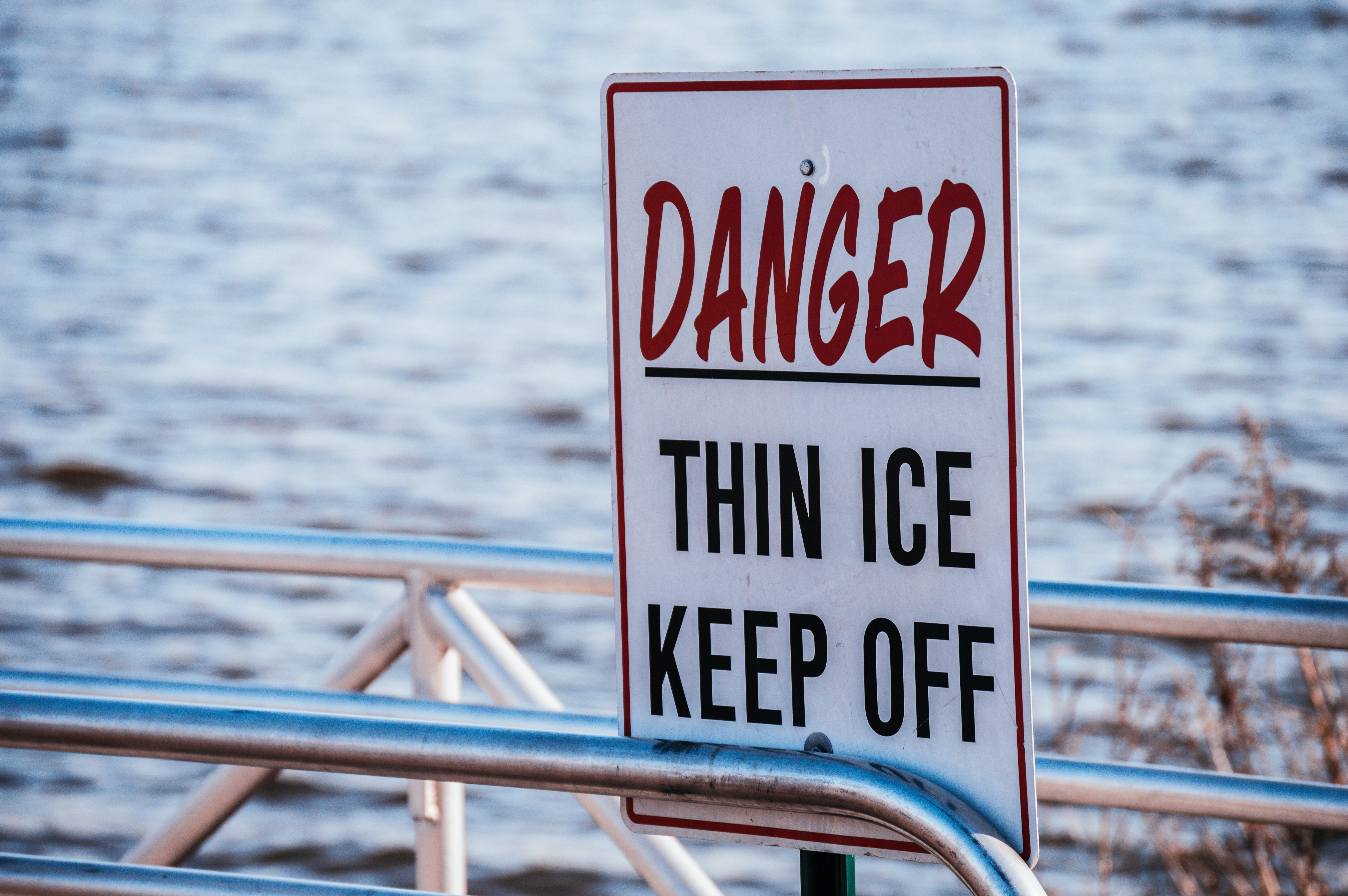
Amongst the list of new words and phrases to enter the Oxford English Dictionary in 2016, the most commonly used three over the previous 12 months had been hygge, snowflake generation and Brexit; a Danish word for cosy comfort, the caricaturing of our young for their alleged lack of emotional resilience and if you’re not familiar with the B word you must have been hanging out in a cave on the dark side of Pluto for the last two years.
The media do seem to have it in for the so-called snowflakes and I have heard numerous supposed examples of flaky and feeble behaviour amongst the youth of today. One friend who works in the City told me he had recently been the subject of a formal complaint for harassment having told an intern that he needed to get into work on time. Then there was the excellent recent story of the chap in the army advertisement with the caption ‘Snowflakes: We Need You’ who announced he was going to resign from the army because he hadn’t been told he’d be in the advert.
Having taught children for the last 28 years I am not convinced that things have got notably much worse in terms of young people’s resilience and emotional stamina; this has always been a significant variable amongst pupils I have encountered and one has always come across just as many lumps of grit as genuine snowflakes. It also seems fair to say that resilience is something that people tend to develop with increasing life experience via the school of hard knocks (wherever that is) and that flakiness gradually gives way to fortitude.
I do think, however, one could argue that there has probably been a greater tendency to emotional fragility amongst the young over recent years due to a number of increasingly pervasive factors. At the risk of getting all Freudian, increased frailty is surely down to what the young have experienced, or conversely not experienced, rather than something custardly in the water supply.
So first in the dock has to be the number one baddie amongst children today, the Dick Dastardly of the digital world; social media. I am not sure we can lay every contemporary evil at the door of social media though I do think that, in addition to the issues around perfectionism I have previously written about, it can create an artificial world of unchallenged and reinforced opinions where any disagreement and discourse is perceived as personal criticism. This is something particularly common amongst less resilient children – a fundamental discomfort with people who have views differing from their own.
But social media can’t be blamed for all of society’s ills, as tempting as it might be, especially where those still in our care are in question. So if we are to be brutally honest with ourselves, we probably have to look to the places where children spend 95% of their time; school and home.
All schools aim to look after their pupils and protect them from harm. At King’s we’ve recently re-established our core objective as ‘every student known, valued and cared for’. We are rightly proud of our high standards of pastoral care and our ability to look after young people at a potentially vulnerable phase of their lives.
But if we don’t let our pupils suffer the occasional social setback, are we doing them a disservice? Is it right and natural for children to experience difficult, and potentially quite upsetting experiences with their friends and peers occasionally, in order to develop resilience and emotional intelligence?
Whilst clearly no school should ever condone bullying (deliberate and repeated actions to cause upset to others), likewise I don’t think any school should wrap their pupils in cotton wool such that they never experience any discomfort, distress or personal challenge.
This is clearly a difficult and contentious area and I am not sure there is an obvious answer. Suffice to say it does bother me a bit, however, when universities get lambasted for not providing enough pastoral care for their first year undergraduates, who often find it difficult to cope on their own once they have left school (for clarity’s sake I am not referring to those with serious mental health problems here). Isn’t it at least partly the job of a school to ensure that 18 year olds are prepared for university as much as they can be and isn’t it inevitable that they will experience some initial anguish having just left home? I certainly recall a few ups and downs in my first term at university as I adjusted to my new life before I made some good friends and found some fun things to do.
Surely the most significant influence on the development of resilience amongst children has to be their upbringing, particularly within their immediate family. There is no doubt that siblings and other close relatives can have a real bearing here on personal development though I am mainly, of course, talking about parents. The paradox here is that whilst it’s very rare to meet any parent who wouldn’t want their children to be resilient, it’s instinctive for most parents to jump to their defence and protect them from any type of harm when they are upset and/or come under threat. This can be accentuated when parents bear some sort of inherent guilt, for instance being absent from family life more often than they would like.
In conclusion, it’s probably true therefore that children are more prone to becoming snowflakes than in the past and that this is something we all need to be aware of and consciously mitigate against if we want to develop greater resilience in them. We know that for all sorts of reasons the use of social media must be carefully managed. We must accept that most pupils will encounter difficulties, anxiety and upset occasionally at school, as an essential part of growing up. Most importantly, when such things happen we must as parents have the bravery, courage and good sense to sometimes stand back at a safe distance and let it happen, for the long term benefit of those we want to protect the most.














